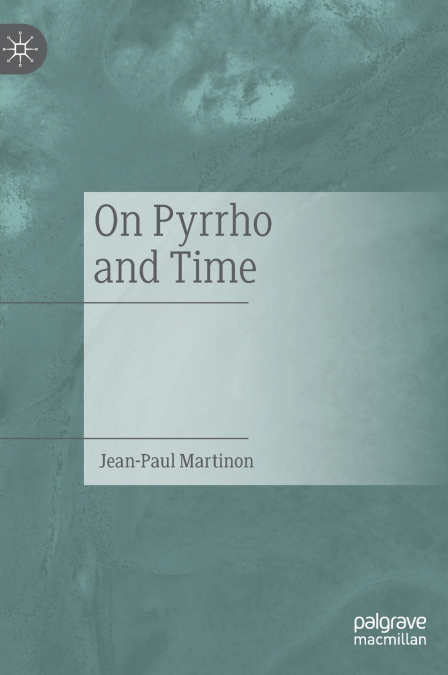
 Librería Desdémona
Librería Desdémona
 Librería Samer Atenea
Librería Samer Atenea
 Librería Aciertas (Toledo)
Librería Aciertas (Toledo)
 Kálamo Books
Kálamo Books
 Librería Perelló (Valencia)
Librería Perelló (Valencia)
 Librería Elías (Asturias)
Librería Elías (Asturias)
 Donde los libros
Donde los libros
 Librería Kolima (Madrid)
Librería Kolima (Madrid)
 Librería Proteo (Málaga)
Librería Proteo (Málaga)
Today’s understanding of time remains mostly Aristotelian and Newtonian/Einsteinian: time is what has been abstracted from the mundane realities of life and reduced to its measurement. Any somatic, psychological, or other experience of time is deemed either irrelevant or secondary. The history of the attempts to provide alternatives to time as measurement is infinite, most of which focuses on understanding time as an inner-temporal phenomenon for which a subject temporalizes him or herself through remembrance, experience, or anticipation (including death). Amidst this vast field, one argument by an enigmatic figure in ancient Greek thought stands out for the way it abides by neither the conventional view that time is clock time nor that it is an inner temporal phenomenon: Aenesidemus’ overlooked way of apprehending time by qualifying it as similar to air. To make sense of such an unusual statement, it is necessary to reconsider what informs such an unusual idea. Aenesidemus’ teacher was Pyrrho (often dubbed the Greek Buddha) who advocated for a non-differential approach to reality, one for which nothing is fixed or stable. With this perspective in mind, Aenesidemus’ idea then becomes clear: time or air knows no differentiae, whether that of the unit of measure or of the subject breathing it and sheltering from it. Both are radically unstable.While these ideas had no purchase for over 2000 years, they can now be revealed in all their magnitude. In the last 120 years, we have indeed become aerial beings. We no longer scuttle around on the ground floor below an unsuspected ocean of air. We no longer aspire to shin a tree or scale a peak. We have now made a habitation of the air. Such a new dwelling has its own unique time, a time that strangely does not agree with the abstracted and/or calculated time that was formulated when we only had sundials and water-clocks at our disposal. Against time as measure and against time as inner-temporal phenomenon comes time as total instability. Can revisiting the few fragments that Pyrrho and his disciple left us help once again articulate our relation to time and give us a renewed sense of reality and who we are within it? This monograph focuses on early Pyrrhonism (as distinguished from the sceptical work of Sextus Empiricus), Pali Buddhism, as well as contemporary interpretations of time and reality in both science and philosophy.